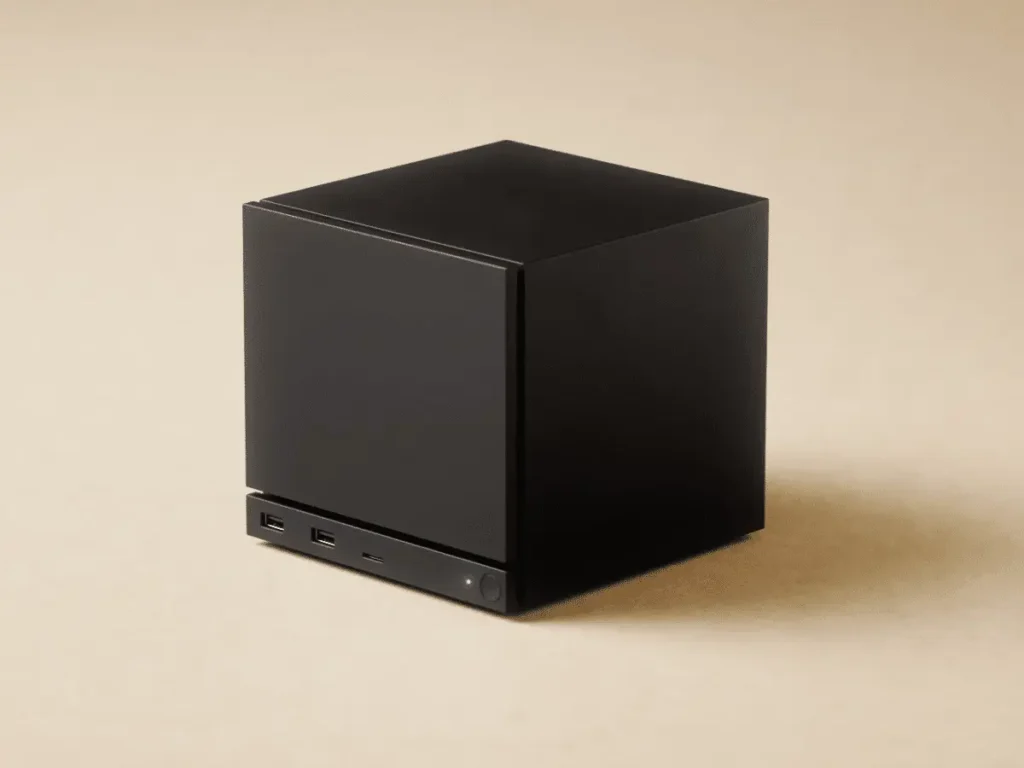For years now, Apple has dominated the tech industry with its sleek hardware, user-friendly software, and seamless integration ecosystem. From iPhones to MacBooks, the Cupertino giants have consistently pushed the boundaries of innovation. However, in the realm of gaming, Apple has historically taken a back seat, allowing Microsoft, Sony, and even PC brands focused on gaming to take the lead. Now, with advancements in Apple Silicon, strategic partnerships, and an evolving software landscape, the question arises: Is Apple finally ready to compete in the gaming world?
Apple’s relationship with gaming is complex. While the App Store has transformed mobile gaming, with titles such as Genshin Impact and Call of Duty: Mobile delivering console-quality experiences on smartphones, Apple has yet to make significant progress in high-end gaming. The company’s focus has mainly been on casual and mobile gaming, leaving hardcore gamers dependent on Windows-based systems for their serious gaming needs.
However, recent developments indicate a shift in Apple’s approach. The introduction of the M1, M2, and now the M3 chips has significantly enhanced the performance of Mac devices, bringing them closer to the capabilities of high-end gaming PCs. With features like MetalFX Upscaling and improved GPU power, Apple appears to be establishing a more gaming-friendly environment.
One of the biggest game-changers for Apple is its proprietary Apple Silicon chips. The latest M3 Max chip features GPU enhancements that rival those of dedicated gaming laptops, providing real-time ray tracing, high frame rates, and exceptional energy efficiency. These chips allow MacBooks and iMacs to run AAA games more easily than ever before, narrowing the performance gap with traditional gaming setups.

For Apple to genuinely compete in the gaming industry, a strong game library is crucial. The Mac gaming scene has historically encountered challenges due to limited developer support, as many game studios prefer Windows for its DirectX compatibility and larger gaming audience. However, Apple has been striving to change this situation. The announcement that Resident Evil Village, Death Stranding Director’s Cut, and No Man’s Sky will be launched natively on macOS is a promising indication. Additionally, Apple’s Game Porting Toolkit, unveiled at WWDC 2023, allows developers to more easily port PC games to Mac, potentially broadening the range of available titles.
While Apple Arcade has focused on delivering high-quality, ad-free mobile games, it has yet to position itself as a serious competitor to services like Xbox Game Pass or PlayStation Plus. However, given Apple’s financial resources, an expansion into cloud gaming or exclusive AAA titles could be a game-changer. Furthermore, Apple’s close ties with streaming services such as GeForce Now and Xbox Cloud Gaming could provide Mac users with access to more titles without necessitating Windows emulation.
Despite Apple’s. advancements, several challenges remain. The Macill not the preferred choice for most game developers, meaning many new releases may take longer to arrive—or might not arrive at all. Furthermore, Apple’s restrictive App Store policies have caused tensions with major gaming companies, as evident in the ongoing disputes with Epic Games concerning Fortnite’s App Store revenue policies.
Another challenge is hardware optimization. Although Apple Silicon is powerful, most major games are optimized for x86 architecture (used by Intel and AMD). This means developers must exert extra effort to ensure their games run smoothly on macOS. Until Mac gaming becomes more mainstream, many studios may be reluctant to invest significant resources into macOS compatibility.

Apple certainly possesses the potential to become a major player in the gaming industry, but this shift will not happen overnight. With continuous investment in hardware, development tools, and gaming partnerships, Apple could create a stronger presence in the gaming sector. The company’s strategy may not entail a direct competition with PlayStation, Xbox, or PC gaming; rather, it seeks to cultivate its own unique gaming ecosystem—one that integrates effortlessly across all Apple devices.
The upcoming years will show whether Apple can genuinely establish itself in the hardcore gaming world or if it will continue to be a secondary player in the industry. One thing is certain: Apple is no longer dismissing gaming, and that alone signals exciting possibilities for the future.















































